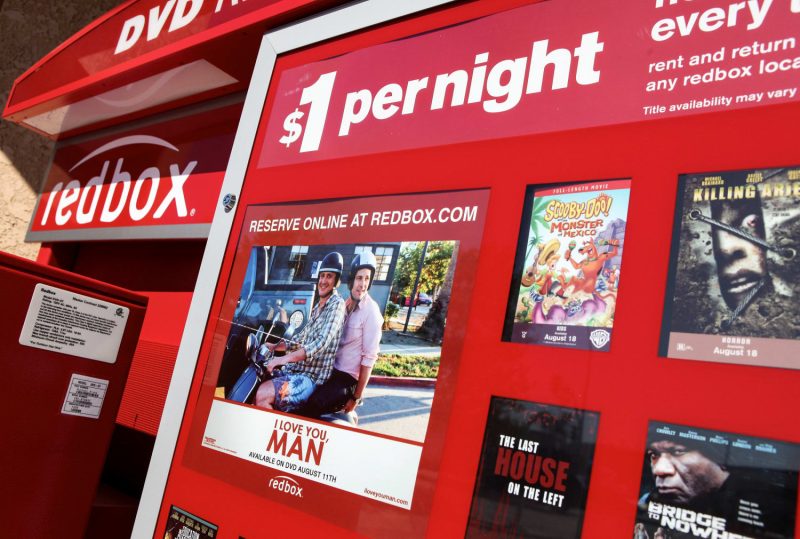Redbox Set to Close as DVD Market Withers in Streaming’s Shadow
The rise of streaming services has revolutionized the way we consume entertainment. From movies to TV shows, music, and more, streaming platforms have made it easier than ever for audiences to access a wide range of content at the click of a button. As a result, traditional DVD rental and sales outlets, such as Redbox, have struggled to compete in an increasingly digital landscape.
One of the key factors contributing to Redbox’s decline is the convenience and accessibility of streaming services. With on-demand platforms like Netflix, Disney+, Amazon Prime Video, and Hulu offering vast libraries of content that can be accessed anytime, anywhere, consumers have shifted away from physical media in favor of digital streaming. This shift has had a significant impact on Redbox’s business model, as fewer people are renting DVDs from kiosks when they can simply stream movies from the comfort of their own homes.
Additionally, the COVID-19 pandemic accelerated the transition to digital entertainment. With lockdowns and restrictions limiting in-person activities, more people turned to streaming services to stay entertained while at home. This surge in demand for digital content further marginalized the DVD rental market, leading to a decline in foot traffic at Redbox kiosks and ultimately contributing to the company’s decision to close its physical locations.
Furthermore, the cost-effectiveness of streaming services has also played a role in the decline of the DVD market. Subscription-based platforms often offer unlimited access to a wide variety of content for a flat monthly fee, making them a more attractive option for consumers compared to renting individual DVDs from Redbox kiosks. This affordability factor has made streaming services a preferred choice for budget-conscious viewers seeking entertainment options without breaking the bank.
Another aspect that has impacted Redbox’s business is the shift towards digital ownership. Many consumers have embraced digital purchases and rentals through platforms like iTunes, Google Play, and Vudu, further diminishing the demand for physical DVDs. The convenience of buying or renting movies digitally, without the need to leave home or worry about returning discs, has made digital ownership a convenient alternative to traditional DVD rentals.
In conclusion, the decline of Redbox and the broader DVD market can be attributed to various factors, including the rise of streaming services, the impact of the COVID-19 pandemic, the affordability of digital platforms, and the shift towards digital ownership. As technology continues to advance and consumer preferences evolve, it is clear that the era of DVD rentals is coming to an end, making way for a digital future where streaming dominates the entertainment landscape.
